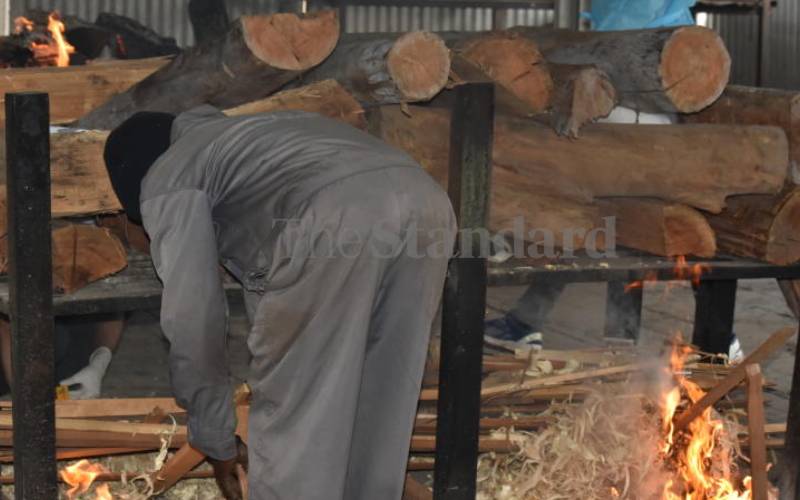×
The Standard e-Paper
Smart Minds Choose Us

A worker readying a pyre at Kariokor Crematorium, March 2021. [Samson Wire, Standard]
When news broke that former Attorney General Charles Njonjo had died, many were looking forward to an elaborate funeral service and a befitting burial for a man who had made history as the country’s first African Attorney General. He was also a former MP, a former minister and had played a big part in the politics of yesteryear.